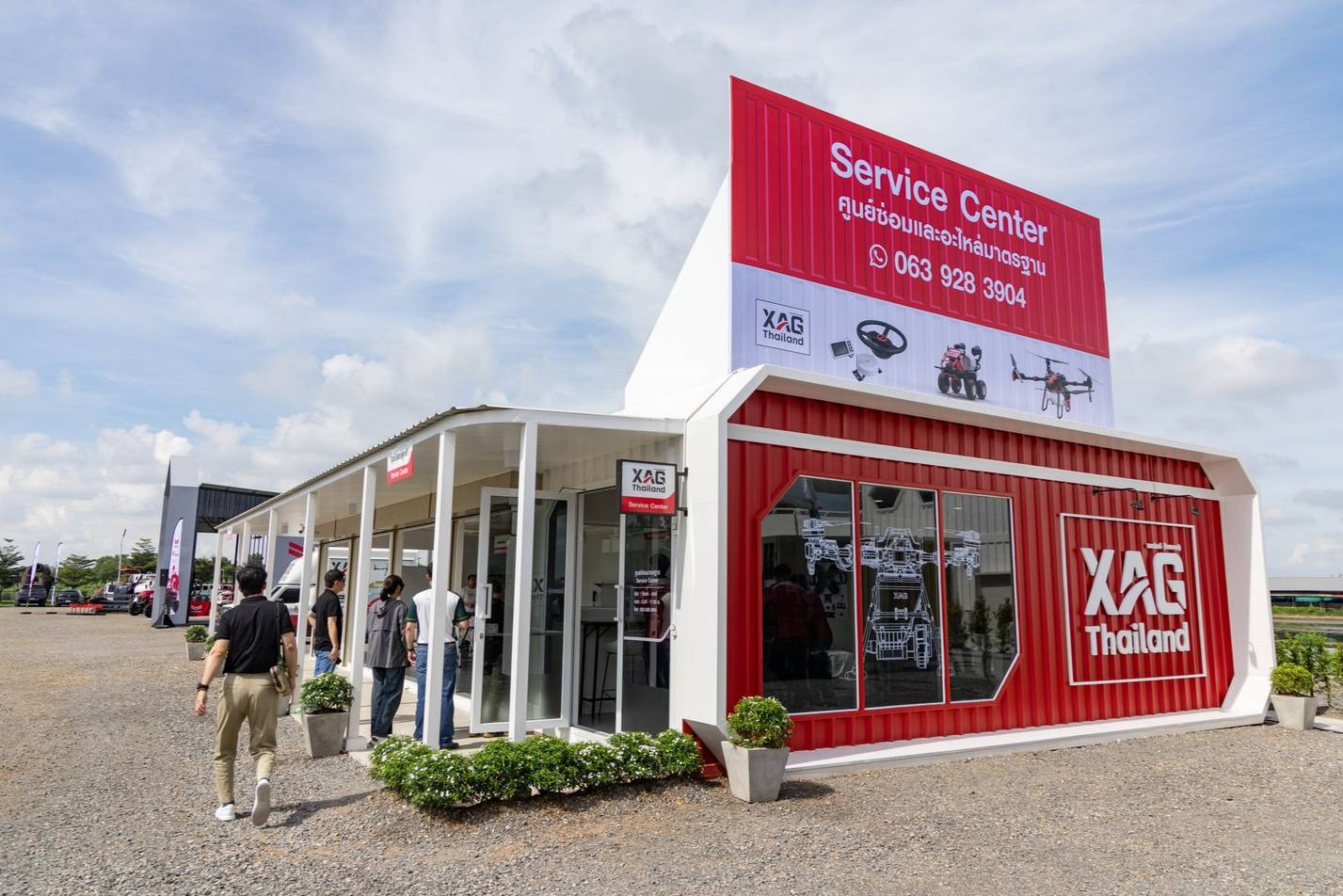On July 1, the Singaporean company announced that it has sourced raspberries from Indonesia to import into Singapore, significantly reducing lead times, enhancing cold chain reliability, and lowering carbon emissions.
The company will be the first to introduce Indonesia-sourced raspberries to the Singapore market.
“No one has ever imagined that we could bring raspberries in from Indonesia and introduce a new supply,” said Gary Loh, founder and CEO of DiMuto.
The Singapore-based company leverages blockchain, artificial intelligence, and Internet of Things (IoT) technologies to digitise and optimise the global agrifood supply chain, providing transparency to the often-opaque industry.
Finding new a new supply stream of produces has become increasingly important in the prevailing circumstances.
“As you can imagine, in the current environment where things are unstable and availability is uncertain, traditional suppliers may not be able to deliver. We’re dealing with earthquakes, extreme weather, heatwaves. All of this is creating a very unstable supply situation, so availability has become a key factor we’re addressing,” said Loh.
Loh has previously spoken to AgTechNavigator on how the disruptions have exposed theweaknesses in the food supply chain.
Despite the firm’s breakthrough, short-haul sourcing in South East Asia faces limitations that prevent it from becoming the standard – at least in the near future.
“No. Unfortunately, it will not become a norm. While this is a great way to start the ball rolling, it’s not going to be very possible to scale up. And around the region, there are not many other players,” said Loh.
However, the firm hopes to support more innovations in this space by demonstrating to investors in this space that it can help take on product.
“We are very encouraged by this example, and we can show people who are putting investments into such innovations that we can come in and take their load… People are investing into this kind of facilities, but the biggest concern are the offtake agreements – who’s going to buy their fruits, and where are the markets?”
A greener, more transparent choice
With a short journey – just a two-hour flight – the raspberry shipments between Indonesia and Singapore have an estimated carbon emission of 19,763.42 kg CO₂.
In comparison, DiMuto’s previous raspberry shipments from Morocco to Singapore, generated 102,824.64 kg CO₂ equivalent.
The reduced shipment times can also contribute to minimising waste.
“Moving Moroccan raspberries are not just 10-times more in terms of carbon footprint, there was also significant waste. This occurs not during packing, but during shipment. For instance, when the shipment moved from Morocco to Bahrain before Singapore, there was almost a 10-hour delay that resulted in the waste,” said Loh.
DiMuto’s ability to track the produce every step of the way helps the firm understand where the weak points in the supply chain are.
“In the past, this would be a situation where we would receive it but not know exactly where things went wrong. Visibility allows us to pinpoint where the problems were.,” said Loh.
Each shipment of raspberries is digitised on DiMuto’s platform, providing full end-to-end traceability from farm to market.
DiMuto also sources berries from established origins such as Mexico and Peru.
The addition of Indonesia further strengthens its portfolio of berries at a time when raspberry consumption is growing steadily.
In Asia, raspberry and blackberry consumption is expected to reach 16,000 tonnes and US$168 million by 2035.
By sourcing from Indonesia, DiMuto is reinforcing its ability to deliver origin diversity, resilient supply chains, and consistent quality to its global buyer network.





